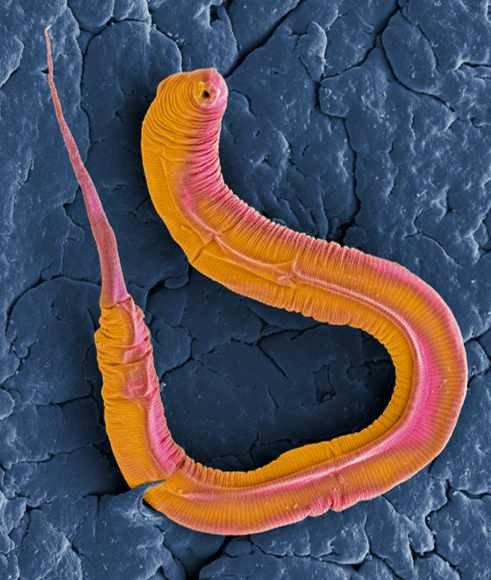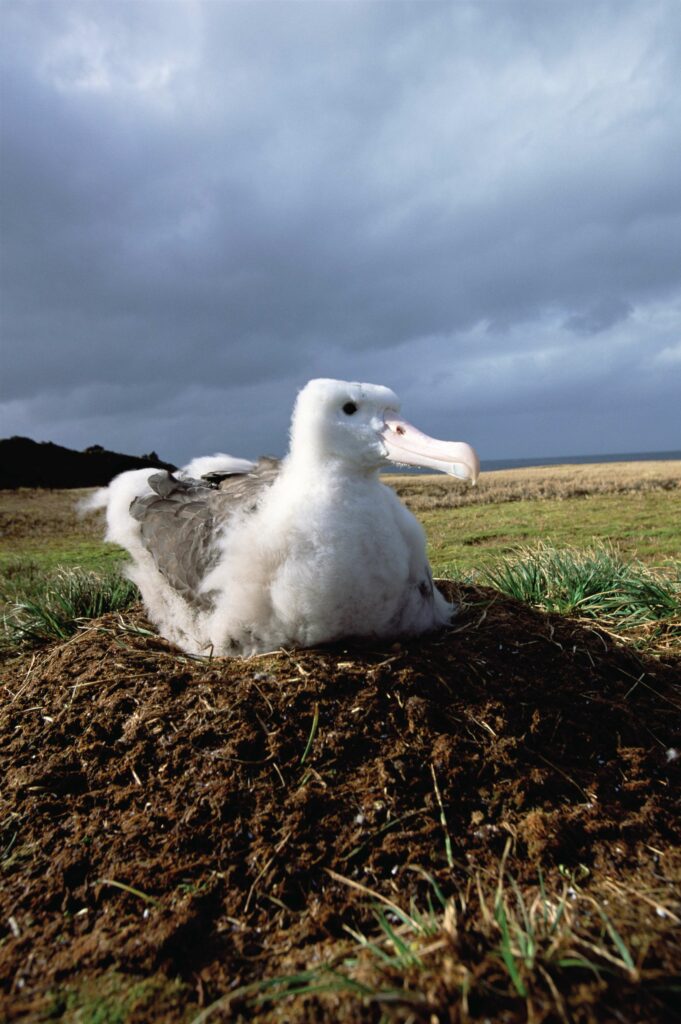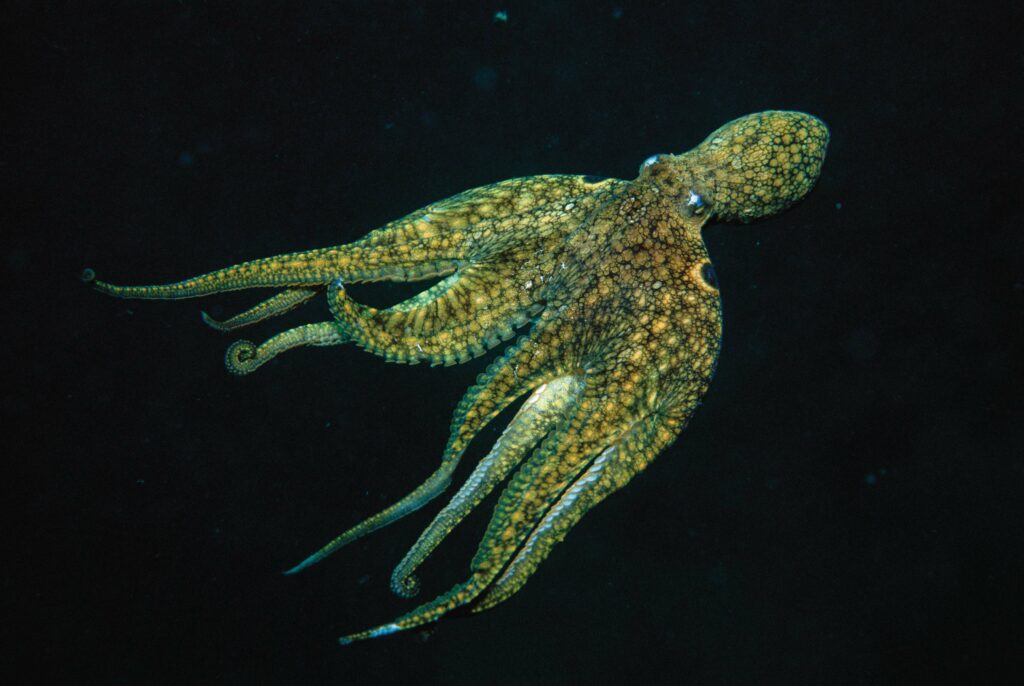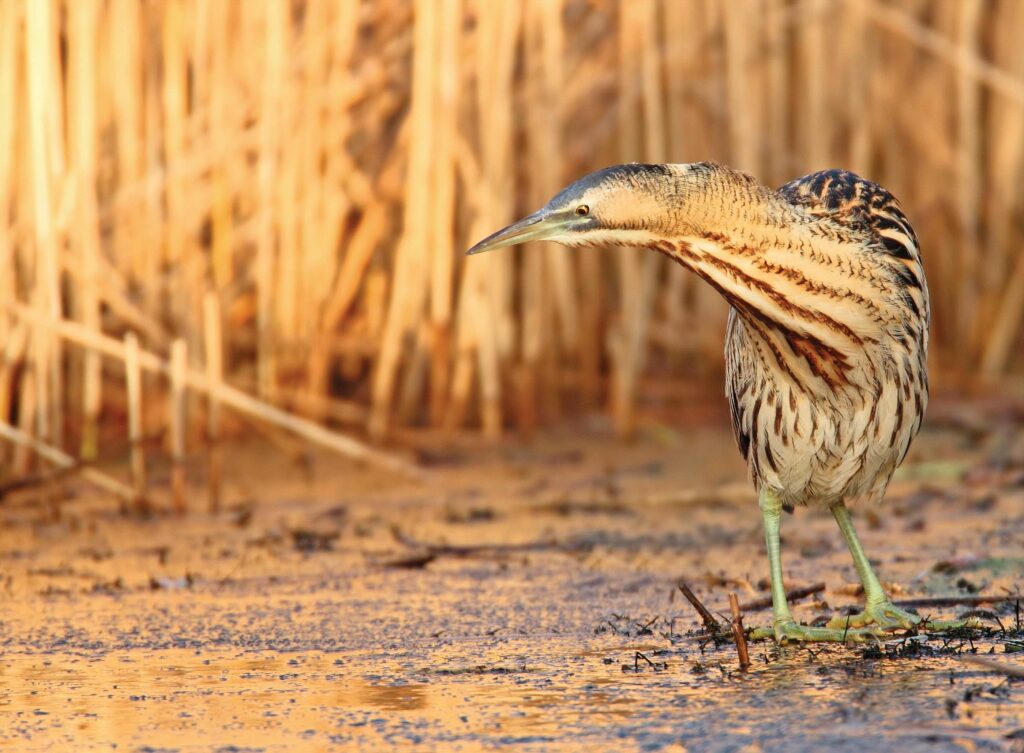IN BRIEF
High calories

Cannabis users call it ‘the munchies’; scientists call it ‘hedonic feeding.’ Either way, it’s not only humans that crave tasty treats after exposure to the drug. Current Biology reports that cannabis causes nematode worms to eat more of their favourite food, suggesting that it operates via a biochemical pathway shared with our common ancestors 500 million years ago.
Mouse-free island

Non-native house mice are to be removed from Marion Island in the southern Indian Ocean, home to two million seabirds, including the wandering albatross. The mice were inadvertently introduced to the island in the early 19th century – they have a devastating impact on its ecology.
Touch and taste

When octopus explore their surroundings with their arms, they are not only feeling their way around – they are tasting it, too. While conventional taste organs detect substances dissolved in water, the receptors found on octopus suckers allow them to taste solid surfaces just by touching them, reports journal Nature.
Boom boom

The UK’s loudest bird – the bittern – has had a bumper breeding year according to the latest survey on bittern numbers from the RSPB and Natural England: 228 booming males were counted in 2022. Male bitterns make their booming sounds to establish territories and attract mates.
FACT.
Crows on the South Pacific island of New Caledonia use their beaks to fashion hooks from twigs, which they use to ‘fish’ grubs and spiders from tree trunks.